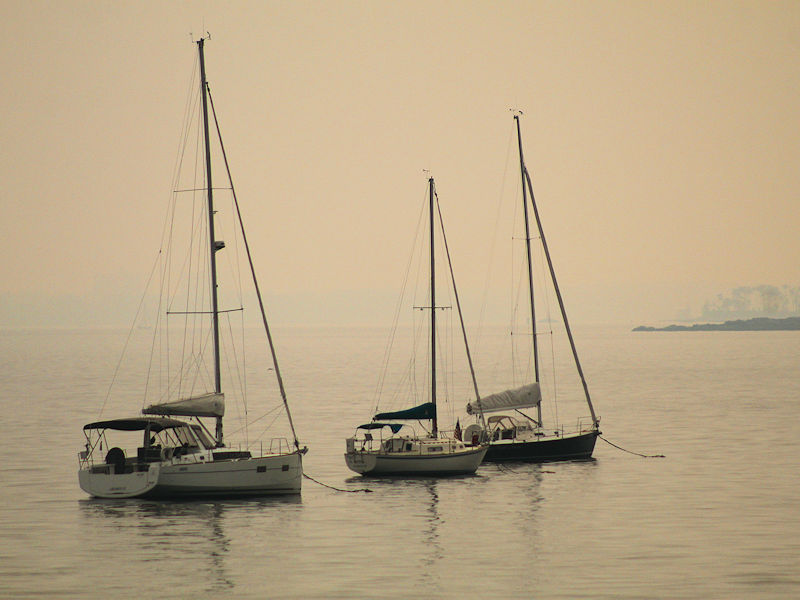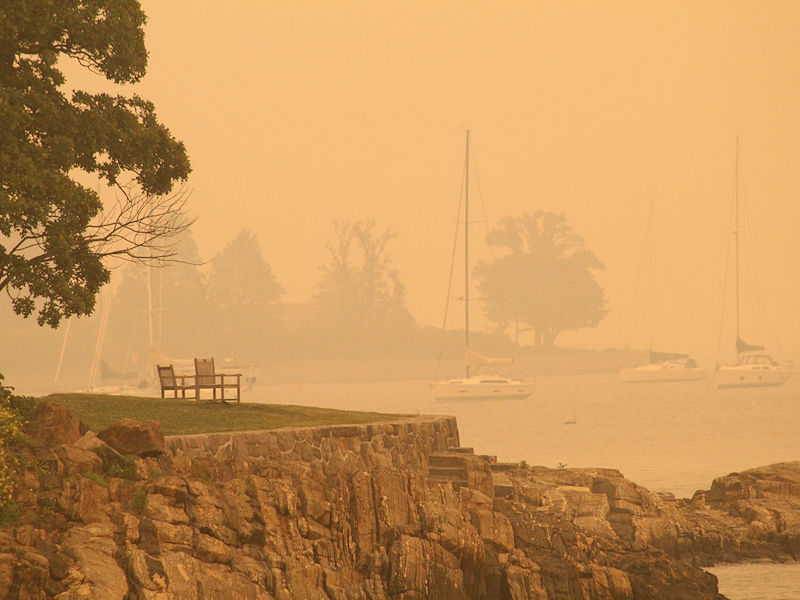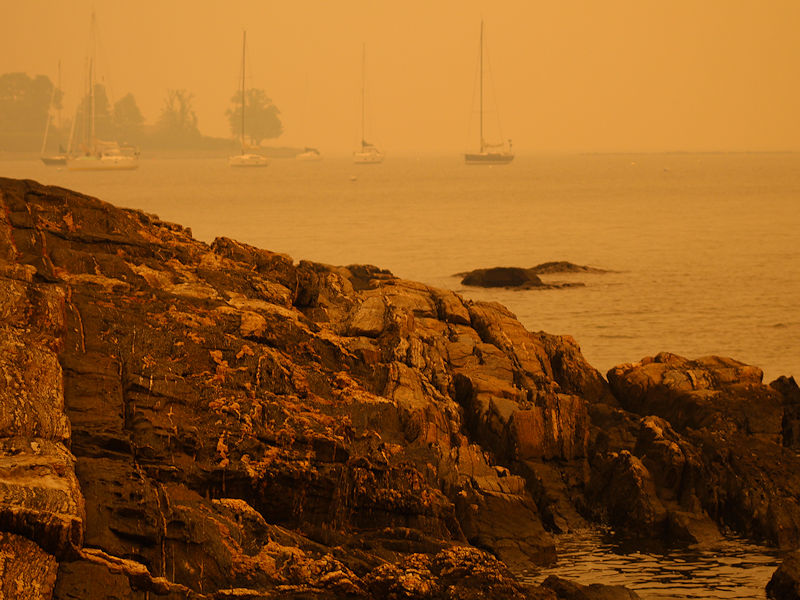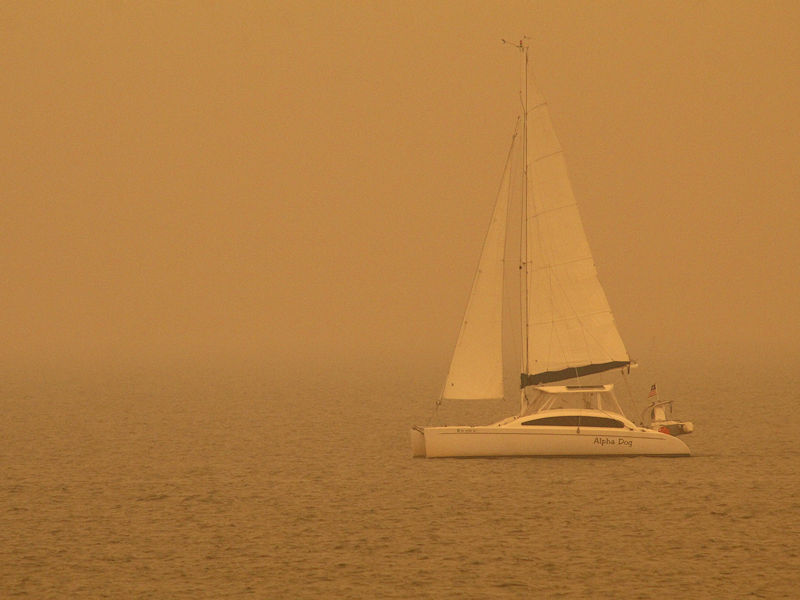PRINT AS PDF
Through his worldwide industrial civilization, Man is unwittingly conducting a vast geophysical experiment. Within a few generations, he is burning the fossil fuels that slowly accumulated in the earth over the past 500 million years. The CO2 produced by this combustion is being injected into the atmosphere… The climatic changes that may be produced by the increased CO2 content could be deleterious from the point of view of human beings.
-
- —Report of The Environmental Pollution Panel, President’s Science Advisory Committee, November 1965
Nearly six decades later, humanity is wittingly continuing its “vast geophysical experiment.” The world’s temperature has warmed dramatically, approaching 1.2°C above the pre-industrial level. Heatwaves have grown longer, more expansive, and more intense. Extreme precipitation events have increased in frequency and magnitude. Flash droughts that can develop in a matter of a week now take place in various parts of the world. Wildfires have grown larger and more extreme.
Summer Arctic sea ice extent, area, and volume are falling. The Atlantic Meridional Overturning Circulation (AMOC) and Abyssal Circulation—two vast ocean circulations that redistribute heat and ocean nutrients—are slowing. Oceans, which absorb approximately 90% of the earth’s excess heat, are warming. Greenland is losing surface mass. Sea levels are rising.
Policymakers have made commitments aimed at limiting global warming to 1.5°C above the pre-industrial level under the Paris Agreement of 2015. Nations have voluntarily made commitments in succeeding Conference of the Parties (COP) gatherings to pursue the Paris Goal. But as of 2023, greenhouse gas emissions continue to rise.
Inherent flaws in the Paris and COP framework include the absence of robust enforcement mechanisms, lack of binding timelines for reducing and phasing out the burning of fossil fuels, and implicit hope that the creation of increased supply of alternatives will organically permit countries to move away from the burning of fossil fuels.
The fossil fuel industry, which enjoys the equivalent of $5.9 trillion in annual subsidies according to IMF research, is determined to sustain its lucrative business model. The combination of enormous subsidies, large profits, and ability to offload the costs of climate change onto society provide an overpowering incentive for the industry to maintain business as usual. Thus, the industry continues to pursue the exploration of potential new oil and gas field and aims to increase the production of oil and gas. The industry also engages in practices aimed at influencing political leaders, public policy, and misleading the general public.
Public policy is warped by the industry’s efforts. In an insightful piece, Will Bunch, the Philadelphia Inquirer’s national columnist, wrote of policy in the United States:
The contradictions start at the very top. President Joe Biden—to his credit—won passage in his recent Inflation Reduction Act of some $369 million for programs like clean energy and electric cars, a big win for the planet. Yet the (sic) Biden also greenlit the Manchin-backed pipeline, expanded oil and gas leases in the Gulf of Mexico, and fist-bumped the Saudi oil dictator.
Just imagine if Winston Churchill, facing the existential threat of World War II, had declared “we shall fight on the beaches” before announcing business deals with Germany’s Volkswagen and I.G. Farben because he wanted to hold down costs for the British middle class. In a perfect world, Biden would have donned an N-95 mask Wednesday [June 7 when New York City was smothered in wildfire smoke] and spoken in front of the orange blur of the Statue of Liberty to declare unconditional war on fossil fuels.
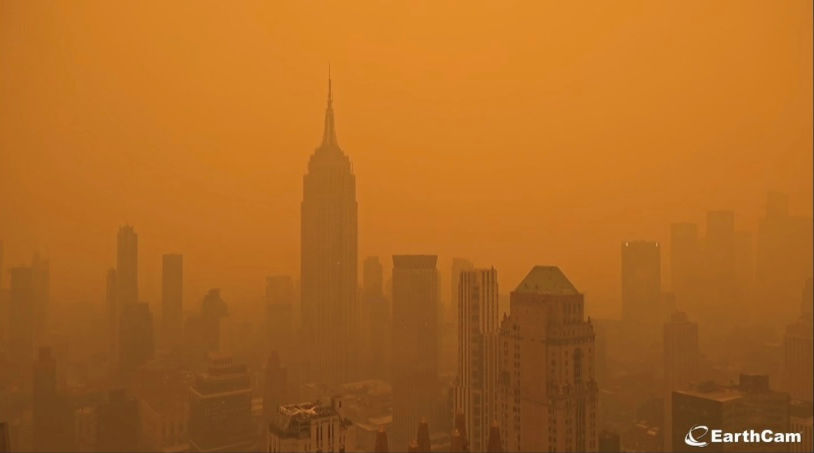
New York City (Source: EarthCam)
During June 6-8, 2023, the New York City area suffered its worst wildfire smoke event in history. The Air Quality Index (AQI) peaked at a hazardous 484, just below the top of the scale that ends at 500. Visibility fell to three-quarters of a mile. The pungent smell of smoke was everywhere outside and it even seeped into indoor spaces. Less than a month earlier, New York City suffered through a smaller but still significant wildfire smoke event.
Bunch ended his column asking, “Will we remember when the wind shifts—and finally do something?”
Over a three-day period, tens of millions of people breathed, tasted, and experienced climate change in a personal, first-hand way. Whether that experience will awaken policymakers to the need to curb and then rapidly phase out the burning of fossil fuels remains to be seen.
The public interest depends on it. The oil and gas industry that profits from it will fight against effective policy rather than evolve away from its hazardous but lucrative business model.


